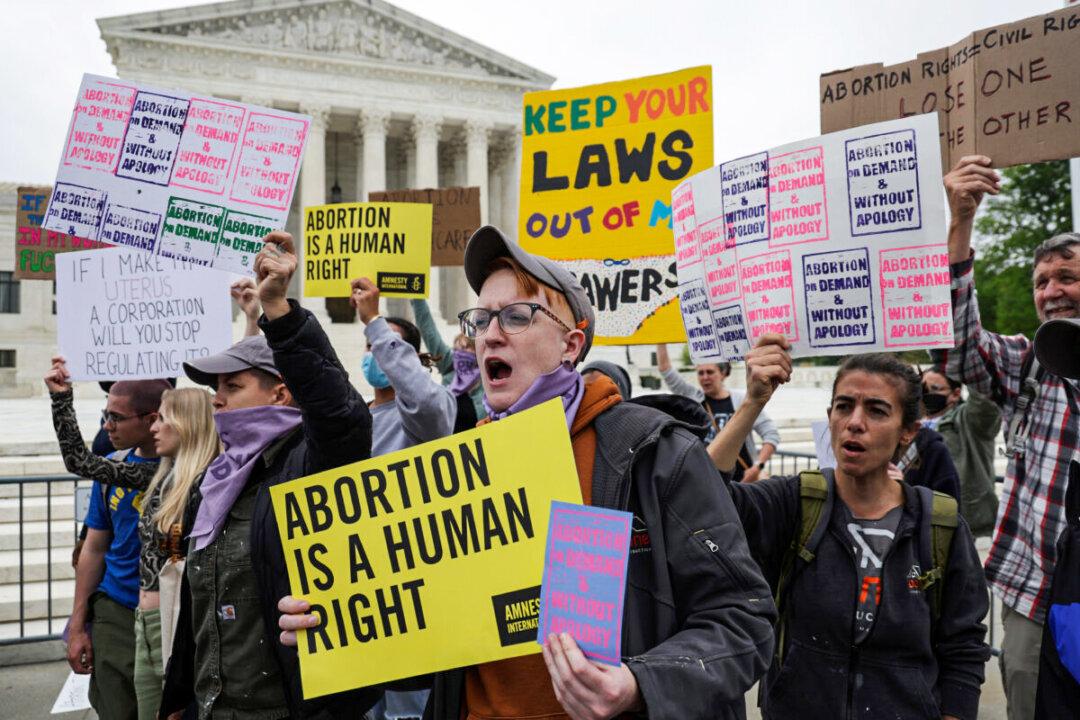Commentary
Civilizations tend to repeat the ideological pattern that made them strong in the first place. At first, these patterns have theological form and substance. But if belief in God becomes obsolete, they tend to continue the same pattern in secular form, minus religious substance.





